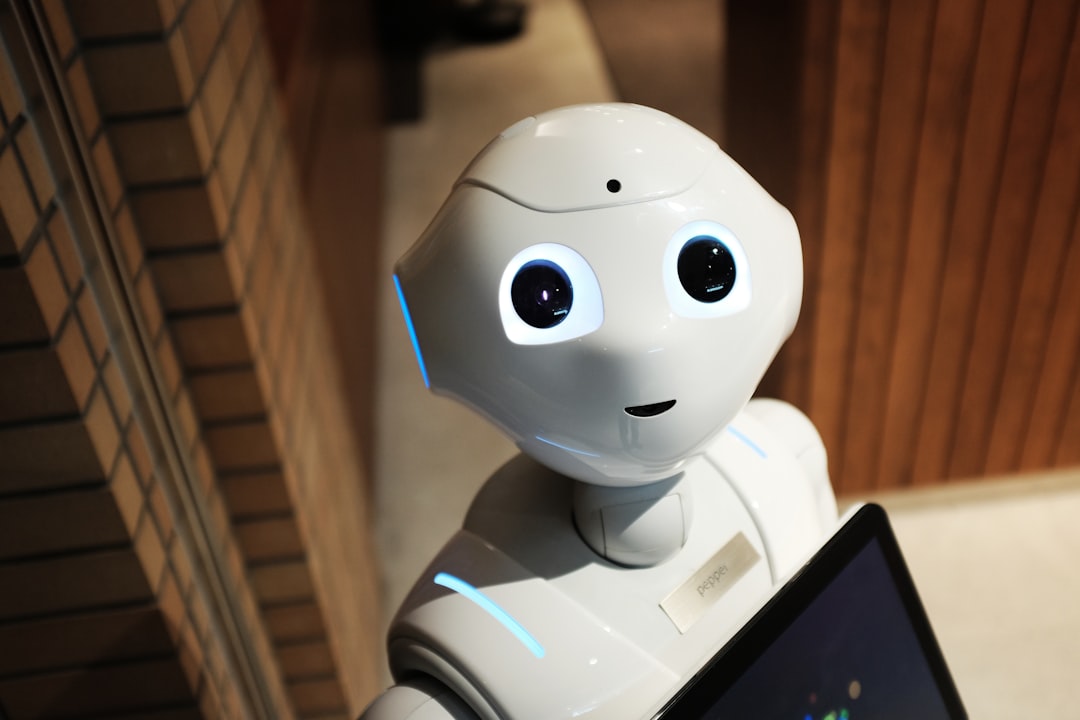What did a 1950s advertisement predict for 2000?

People would live on the moon
Flying family cars
Teleportation as common transport
Underwater cities
Who predicted that the telephone had no future?

Thomas Edison
Alexander Graham Bell
William Orton
Nikola Tesla
What year was the end of the world predicted in 2000 by Y2K fears?

1999
2000
2001
2002
What invention was predicted to end all wars?

The airplane
The tank
The atomic bomb
The internet
Which 1960s prediction claimed that by 2000, Americans would work only 22 hours a week?

Time Magazine
U.S. Government Report
Forbes
Futurist Magazine
Who forecasted that 1929 would be a prosperous year?

Herbert Hoover
John Maynard Keynes
Irving Fisher
Winston Churchill
What was predicted about the rise of ice cream by 1950?

Replaced all other desserts
Only for the wealthy
Sold in all pharmacies
Daily consumption recommended
What did people in the 1900s predict for 2000’s fashion?

Clothes would be disposable
No more natural fabrics
All clothes are self-cleaning
Clothing with climate control
What transportation prediction was made about underwater railroads?

Connect continents by 1985
Cheaper than ships by 2000
Fail due to engineering limits
Built by 1950
What did a Victorian-era prediction say about London by 1950?

Completely submerged underwater
Abandoned due to coal smoke
Overrun by horses
Powered entirely by solar energy
What did 19th-century futurists predict for schools?

Virtual reality learning
Automated teaching machines
Flying classrooms
No more schools by 2000
Which invention was thought to replace horses entirely by 1930?

Steam-powered wagons
Electric cars
Diesel trucks
Gasoline cars
What was a 1950s prediction about household robots?

They would walk dogs
All homes would have one by 2000
Only for cooking
Robots would replace TVs
Who predicted a paperless office by the late 20th century?

IBM
Xerox
Apple
Microsoft
What did early 20th-century futurists think about ocean travel?

Submarine family trips
Trans-oceanic tunnels
Jet-powered boats
All travel above water by 2000
What was believed about computers in the 1960s?

Fit in a pocket
Everyone would own one
Only for science
Would become self-aware by 2000
What catastrophic event was predicted for 1997?

Giant meteor strike
Worldwide plague
California would sink
Nuclear war
What health benefit was attributed to tobacco in the early 1900s?

Cures tuberculosis
Improves digestion
Enhances brain function
Boosts physical endurance
What was predicted about the population of New York by 2000?

Reach 20 million
Buildings over 200 stories
Abandoned due to crime
Covered in a dome
Which appliance was expected to be obsolete by 1980?

Television
Radio
Refrigerator
Telephone

Stuck in the Past?
Your prediction prowess needs a futuristic boost!

Time Traveler in Training
You’re on your way—keep studying those timelines!

Futuristic Oracle
Congratulations, you’ve mastered the art of prediction!






